Handbook of Research on Teaching With Virtual Environments and AI
The increasingly pervasive use of digital technology has catapulted society into an interconnected world where the natural boundaries between humankind and machine, virtual and real, individual and community have become less perceptible. As individuals interact with different digital technologies, they must build a digital intelligence, which must be further cultivated as it is a key competency for the future of school and work. Digital intelligence includes understanding the mutual strengths between people and technology, as well as developing an awareness in the use of digital tools in order to avoid common threats such as cyberbullying, addiction to video games, techno-stress, and more. As adolescents continue to engage with virtual reality and 3D virtual worlds where the online and offline overlap and coincide, it is important to build this intelligence as well as utilize these technologies to promote successful learning. The Handbook of Research on Teaching With Virtual Environments and AI explores the new personalized educational opportunities that are available with digital technology and virtual environments that can be used within education. This book focuses on the use of these tools and how to navigate the use of new technologies such as AI and virtual environments for educational practices. While highlighting topics such as virtual worlds, game-based learning, intelligent tutoring, augmented reality, and more, this book is ideal for teachers, administrators, technologists, educational software developers, IT specialists, practitioners, researchers, academicians, and students interested in how virtual environments and AI are being implemented in teaching practices.
{{comment.content}}
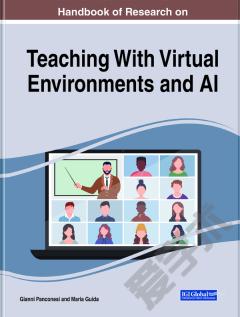
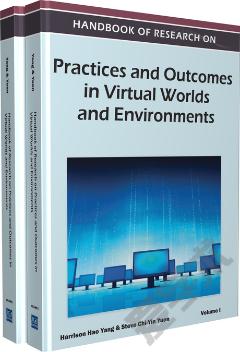
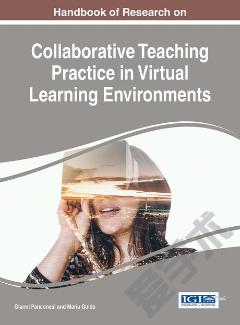

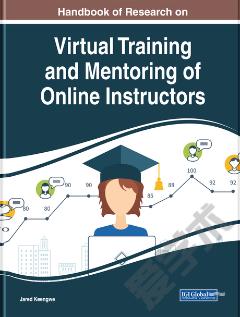
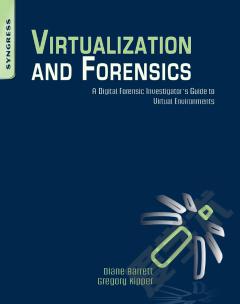
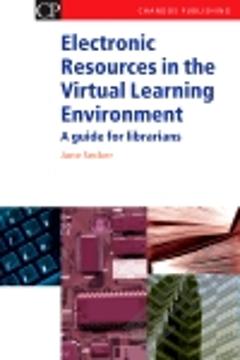

 京公网安备 11010802027623号
京公网安备 11010802027623号